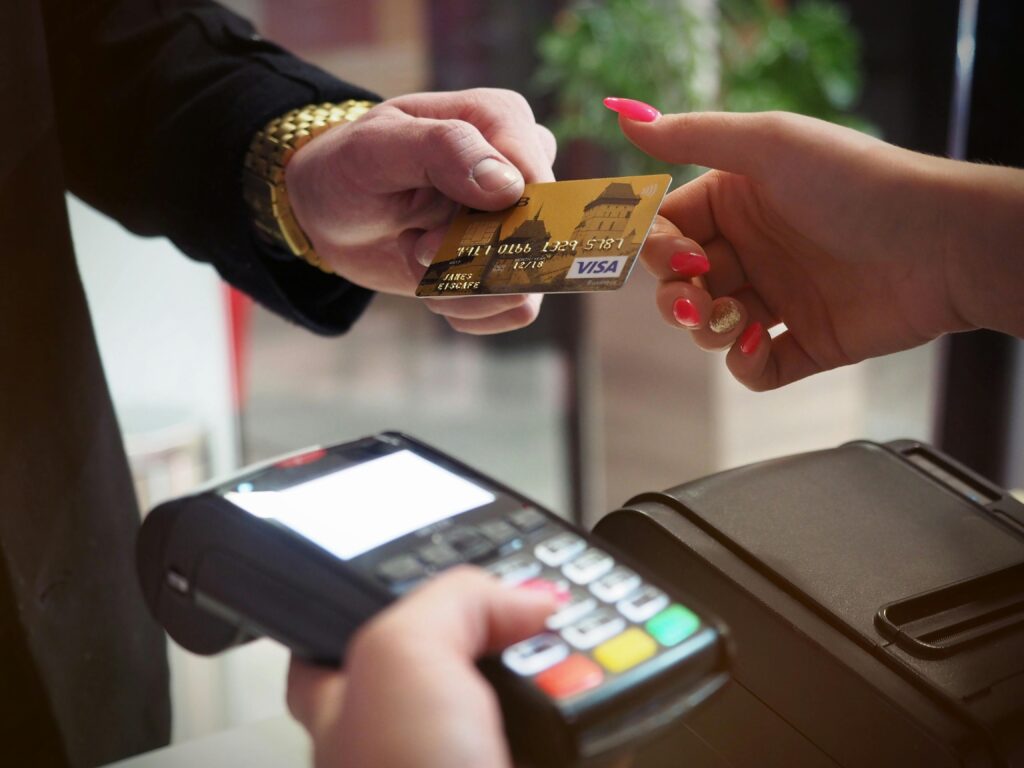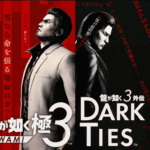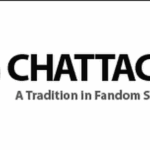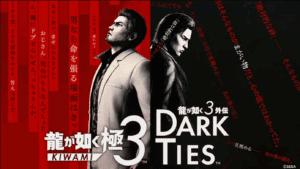Reserving a Room for a Convention or Concert? Do NOT Use These Debit Cards!
The convention season for 2025 is well underway, as are concerts for those who read our blog and are possibly into K-Pop—or by chance, any other music genre that’s outside of Centaku Media’s reporting scope. However, whether or not you identify as a reader of this blog’s interests, it’s worth spreading the word about a trend with many hotels involving paying for your stay during your event.
If you’ve been into a hotel in the past year in the United States, you may have seen signage that says “We Do Not Accept Cards from Venmo, Cash App, Chime, or PayPal.” This is because—though they may have the Visa or MasterCard logo present—they are not “FDIC-approved”.
This means that if one were to use any of these cards, at even the biggest merchant in the world such as Marriott, there could be a day that Venmo, Cash App, or Chime cease to exist—and there would not be a way to recoup the cost should these banks go under. Just to make it simple: these are not real banks.
Not All Banks Are Equal

Reading this, you may use a “money transmitting” service such as Venmo or Cash App account, or both. And possibly even a PayPal account. And there’s an off chance that you have a Chime or Dave account—which is called a “Neobank”. You may have used Venmo or Cash App to pay a friend back for gas or for that lunch date, but we have got to give credit where it’s due to PayPal as the OG of online cash lending and POS (point-of-sale).
Between the three mentioned money transmitting services, it is possible to obtain a debit card for immediate access to whatever funds are in your account. Getting a debit card does not require a credit check—as it is different from the credit cards that Venmo, Cash App, and PayPal do offer with a line of credit—and are sent to you in a matter of several business days.
While it is convenient, there some risks associated with using these cards. For big purchases, at least, according an article on Vox about the dangers of using payment app providers following the collapse of Synapse in 2024:
Neobanks are fintech companies that offer services like checking accounts in partnership with chartered banks, which are FDIC-insured. Neobanks sometimes enlist intermediaries known as banking-as-a-service, or BaaS, companies, which are not FDIC-insured. Still, you will often see the FDIC logo on neobank websites, just like you see it stuck to the glass doors of many brick-and-mortar banks. That logo instills trust, and thanks to their partnerships, neobanks can claim some FDIC protections. But because they do not have bank charters, these neobanks and BaaS companies are not directly FDIC-insured. Instead, neobank customers can be eligible for something called pass-through deposit insurance coverage.
Pass-through insurance is a simple concept that’s deceivingly complex in practice. Essentially, if you deposit money into an account with a neobank, like Chime, the funds get routed to a chartered bank that is FDIC-insured. Other fintech apps, however, sometimes route your money through one of those BaaS intermediaries. If the chartered bank fails, no problem: FDIC insurance kicks in, and you can recoup up to $250,000 of your deposits. If the intermediary fails or the neobank itself fails, you might be eligible for pass-through insurance — but you might not.
So… It’s probably not a good idea to rely on these services for your pay check.
Ideally, using the debit cards of Venmo, Cash App, and PayPal is good for making minor purchases such as a coffee from Starbucks, getting gas, or splurging on that new K-Pop album or anime figure. But for a hotel? Have cash on hand if a money transmitter or neobank debit card is your only option.
A Working Example
For a real-life example of this situation happening as a customer: a friend of ours made a hotel reservation through a third-party app, such as Expedia, and everything was thought to be alright. Come the day of our stay, the hotel—though having signage that expressed the refusal of such cards—would not be accepted. Our friend protested that this reservation was made with the third-party service using a Neobank card; those are usually non-refundable and require more hurdles than usual to get a refund. Unfortunately, the friend did not have another card that was “FDIC-approved” to satisfy the stay, and getting cash was considered as a very last resort.
Regardless of the friend’s case, the hotel clerk refused to let the card be used. It was even more frustrating for this one hotel, as I and another friend stepped up and even offered to have our actual bank cards—as in real, brick-and-mortar, nationally recognized banks that are indeed FDIC-approved—used to cover the room. Those, too, were refused. While it seemed that the hotel clerk was very stubborn about the situation, it could be chalked up to the clerk being very cautious because there were likely issues with a similar service that did not survive. Perhaps a bank associated with Synapse.
Conclusion
While using debit cards of money transmitters and neobanks are convenient to access your money when transferring funds to the bank require at least a two day clearance, they are only good for small purchases. So if you are planning on a long weekend stay for Anime Expo, DragonCon, or San Diego Comic Con—or even to see ATEEZ, LE SSERAFIM, and G-Dragon this summer, do not make the mistake of relying on Venmo or Cash App for your stay.
Discover more from Centaku Media
Subscribe to get the latest posts sent to your email.











